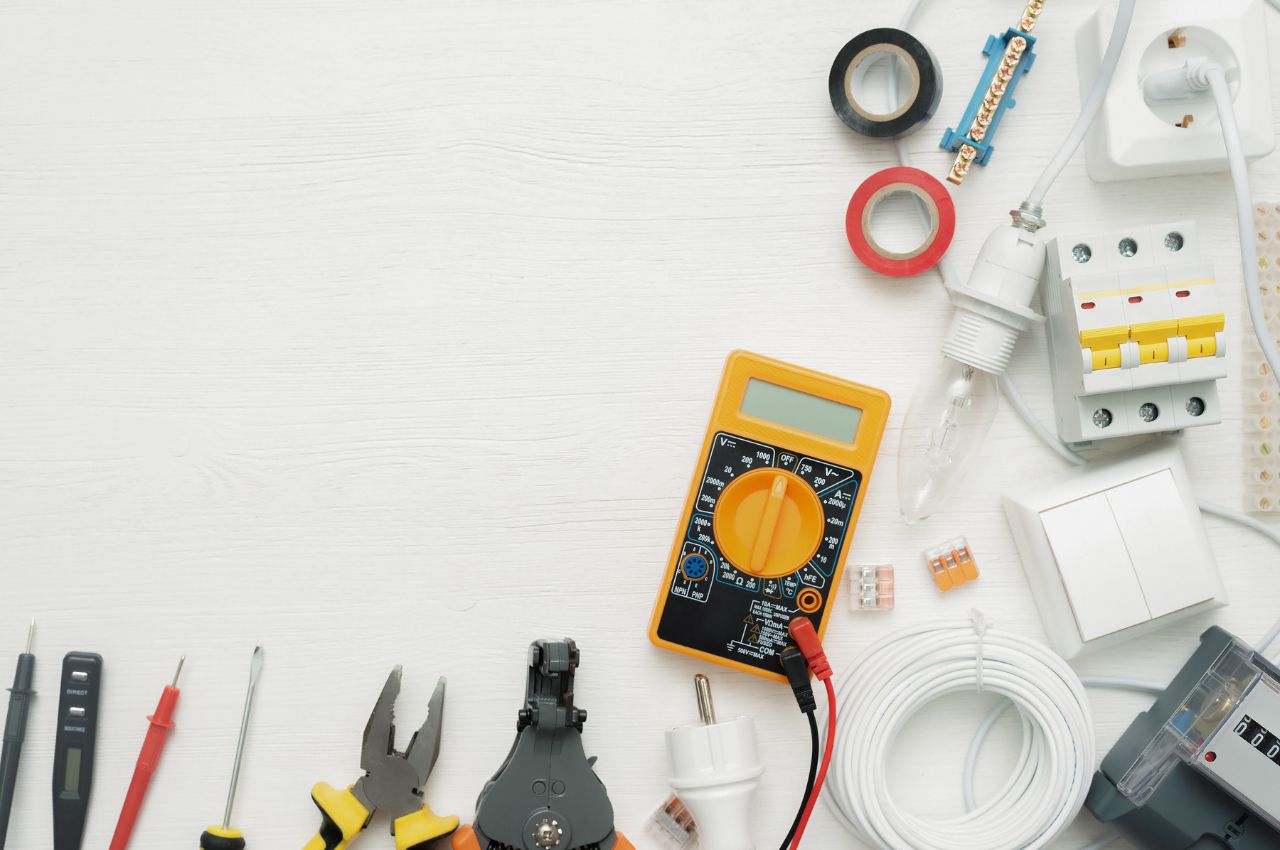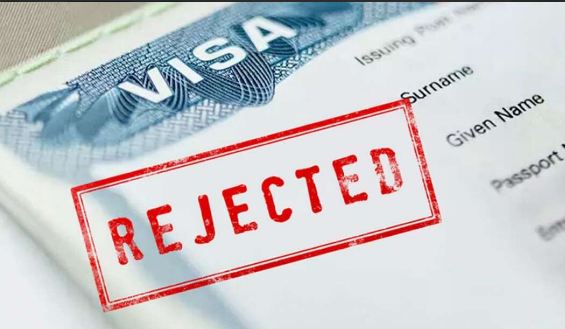Tips to Handle Electrical Emergencies in Your New Home

The house requires regular maintenance and maximum security to protect against unexpected events, such as electrical damage. This includes ensuring that wiring and electrical systems are up to code and in good condition. When it comes to protecting your home from unforeseen electrical events, prevention, and alertness are crucial. And exactly, we will offer helpful advice on how to tackle electrical emergencies in your new house in this article.
Why Should You Be Prepared for Electrical Emergencies
A crucial part of preserving your own safety, security, and well-being and the protection of others you care about is knowing how to react to electrical harm swiftly and effectively.
Other reasons why you should prioritize home security include:
- Fires can destroy things and cost a lot of money. Being ready can stop or lessen this damage.
- Electrical hazards can be very dangerous, like getting a shock, a fire, or even an explosion. Being ready means knowing what to do to make these risks smaller.
- Knowing what to do in an electrical emergency quickly helps prevent things from getting worse. For example, turning off the power during a fire can stop it from spreading and might save lives.
- Following the rules for electrical safety is something you have to do by law. Being ready means having things in place that follow these rules.
- It’s smarter to spend money on getting ready and preventing problems than dealing with the mess after something bad happens.
Common Electrical Emergencies and How to Handle Them in a New Home
The following are some frequent electrical situations to be aware of and how to handle them:
Power Outages
A power outage, also known as a power cut is when an end user loses access to the electrical power network. This loss of power can affect a home, a building, or even entire regions or territories. There are various reasons for these situations, but three common causes are natural events, human mistakes, and overload. Regardless of the cause, power outages can result in significant damages like:
- No Air Conditioning or Heating
- Lack of Water
- Disrupted Communication
- Loss of Refrigeration
- Damage to Electronics
- Inconvenience and Discomfort
- Data Loss
- Impact on Medical Devices
- Loss of Entertainment and Recreation
The aspects that we mentioned above are very important; however, electrical issues can cause psychological stress for homeowners.
How can a power outage lead to mental stress? A power cut can disrupt your daily activities and ruin all the tasks you had planned for a day when you were supposed to be relaxing and enjoying yourself.
When it comes to dealing with this stress, it’s important to know how to handle these emergencies. In the following section, we will provide some tips on how you can do so.
Managing Power Outage
- Check to see whether the power is down in more than just your home.
- Look at your electrical box. If you see any switches that are turned off or fuses that look broken, try turning the switch back on or replacing the fuse.
- Take out the plugs for important electronics.
- Inform the provider of your electricity that there is an issue.
Remember, doing each of these things is very important to keep you and your family safe.
Electrical Fires
Electrical fires are another electrical hazard that you should avoid and learn how to deal with.
Many fires happen because old or faulty plugs and outlets aren’t working properly. As things age, the wires inside them can become loose or break, which is very dangerous and can cause a fire. So, when it’s time to replace them for safety reasons, always get help from an electrician.
Trying to change plugs yourself can pose serious health risks. Moreover, if the new plug isn’t installed correctly, it could lead to electrical issues or fires down the line. That’s why it’s always best to have a qualified electrician handle these tasks. They possess the proper skills and knowledge to do it safely.
Collaborating with electricians from Los Angeles, San Francisco, and San Bruno, including Sacramento electricians, is highly recommended. These professionals are experienced and trained to handle electrical work effectively and safely. They can ensure your home is wired correctly and free from potential hazards.
Electric Shocks
When a human comes into contact with an electrical energy source, they experience an electric shock.
Approximately 1,000 Americans every year in the United States pass away by electrocution, according to data.
Useful tips to prevent electrical hazards:
- Install GFCIs in areas where water and electricity might come into contact, like bathrooms, kitchens, and outdoor outlets
- Check cords for any signs of wear, fraying, or exposed wires.
- Use power strips with built-in surge protectors and avoid daisy-chaining multiple strips together.
- Use safety plugs or outlet covers to prevent children from sticking objects into the outlets.
- Having working smoke alarms can provide early warning in the event of an electrical fire.
You can significantly lower the risk of electrical accidents by taking the actions listed above and paying attention to electrical safety.
Conclusion
In handling electrical emergencies, prioritizing safety is paramount. From emergencies like power outages to potential hazards like electrical fires and shocks, knowing how to respond promptly and effectively can make a crucial difference. It’s essential to be vigilant about the condition of your electrical systems, ensuring they meet safety standards.
Seeking professional assistance, particularly from certified electricians, is a necessary step. By following these tips, you significantly reduce the risks associated with electrical emergencies, creating a safer environment for you and your family.
Read Also : Tips to Handle Electrical Emergencies in Your New Home




